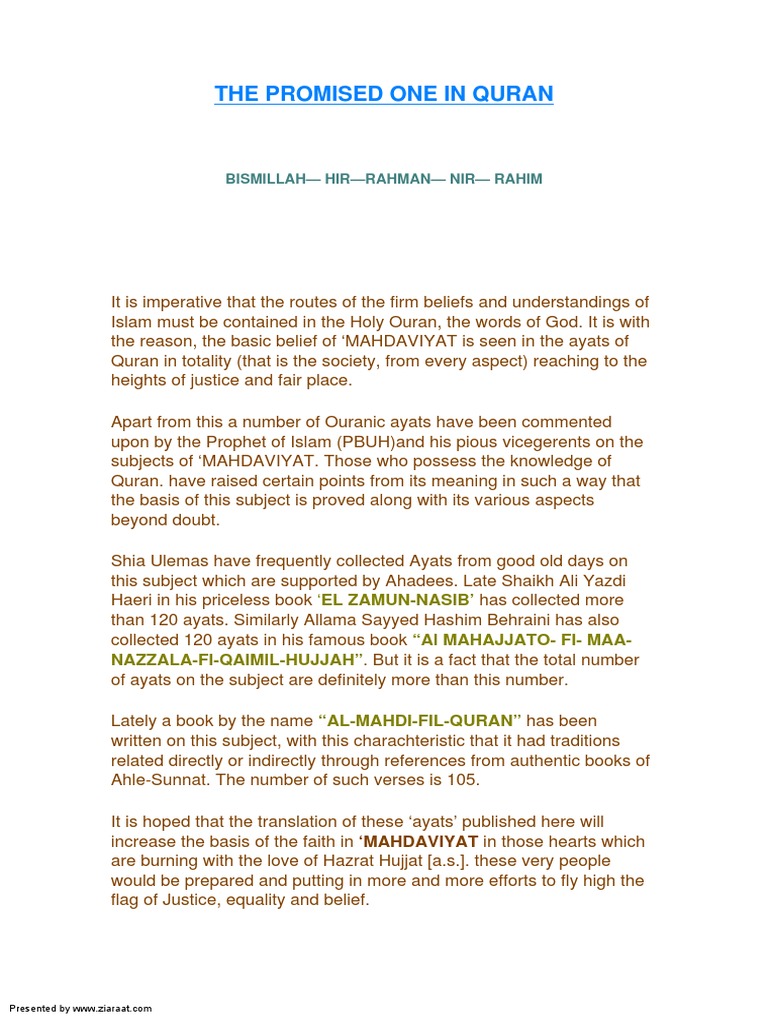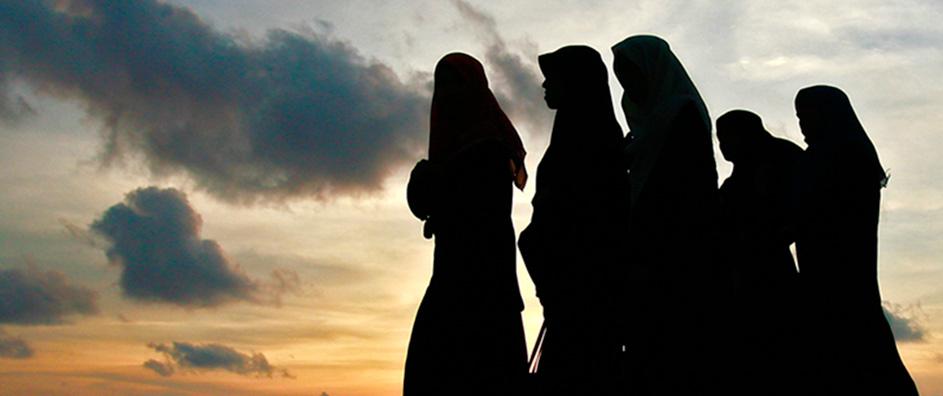The Promised One of All Religions
The Bahá’í Faith stands as a testament to unity amidst diversity in human belief systems, positing that all religions share a common foundation centered around the advent of a Promised One. This concept resonates deeply among adherents and captures the imagination of seekers. The notion that each major religion anticipates the emergence of a divine … Read more








